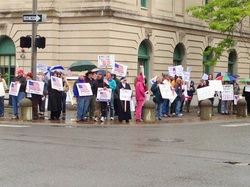
In response to that, on Tuesday, May 21 during the noon hour, the Whatcom Tea Party held a rally at the corner of Cornwall and West Magnolia.
Lining all four corners of the intersection, protesters held signs that said, "IRS Apology Not Accepted", "End IRS Corruption", "Stop IRS Political Discrimination", "Enemies Lists Are So 1970's", "Now, Just Taxes. Next, Just Health Care", "We Warned You About Things Like This", "We the People..." and more.
Not to put too fine a point on it, but the kind of government corruption that the IRS is guilty of, really is what the tea parties have been warning us about. At the same time the IRS story was breaking, President Obama was telling Ohio State University graduates,
Unfortunately, you've grown up hearing voices that incessantly warn of government as nothing more than some separate, sinister entity that's at the root of all our problems. Some of these same voices also do their best to gum up the works. They'll warn that tyranny always lurking just around the corner. You should reject these voices.
A bushel of Pinocchios for IRS’s Lois Lerner
In the days since the Internal Revenue Service first disclosed that it had targeted conservative groups seeking tax-exempt status, new information has emerged from both the Treasury inspector general’s report and congressional testimony Friday that calls into question key statements made by Lois G. Lerner, the IRS’s director of the exempt organizations division.
The clumsy way the IRS disclosed the issue, as well as Lerner’s press briefing by phone, were seen at the time as a public relations disaster. But even so, it is worth reviewing three key statements made by Lerner and comparing them to the facts that have since emerged. (Continue reading...)

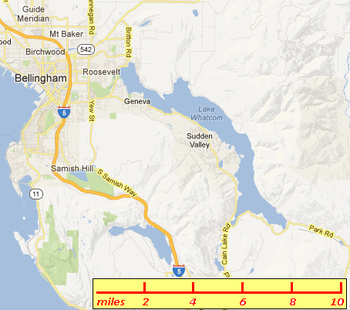



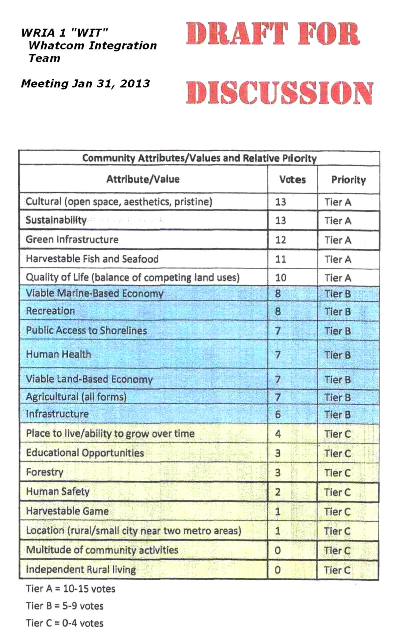




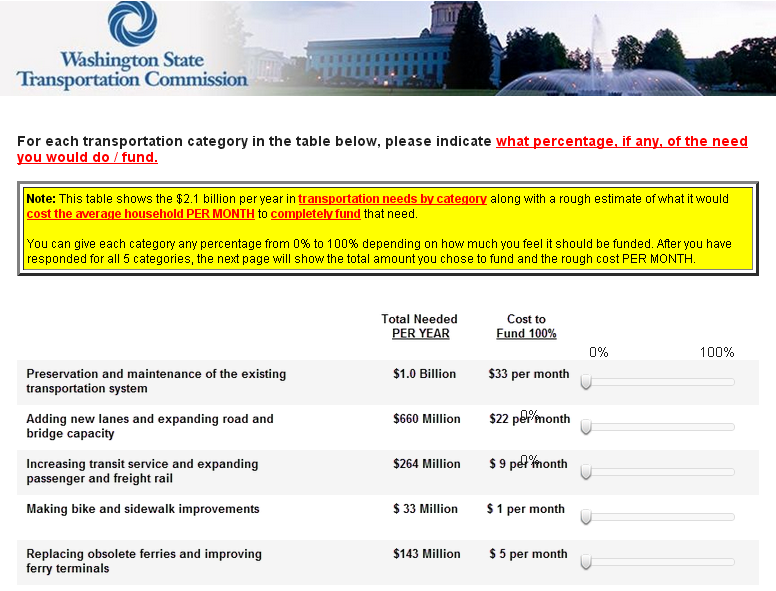
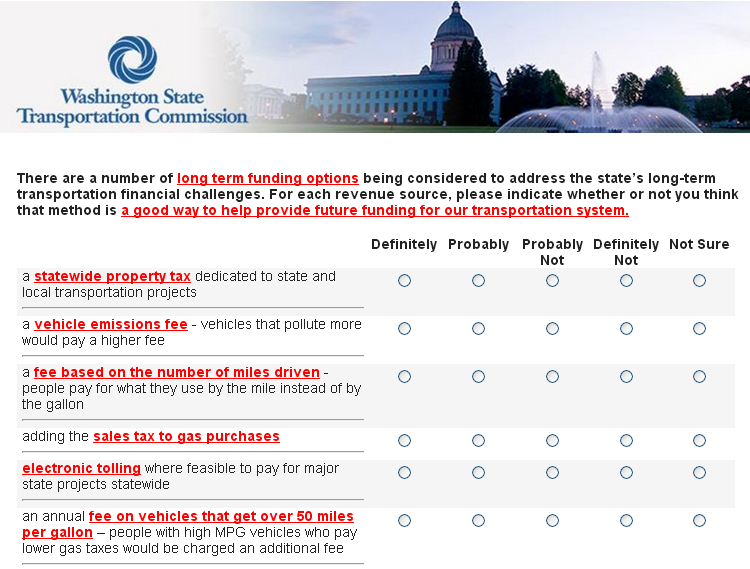

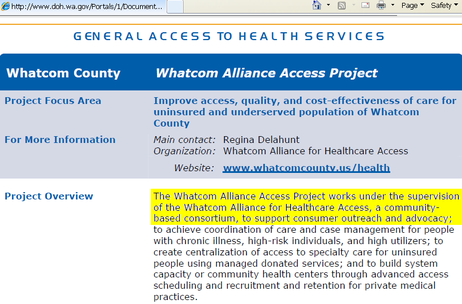

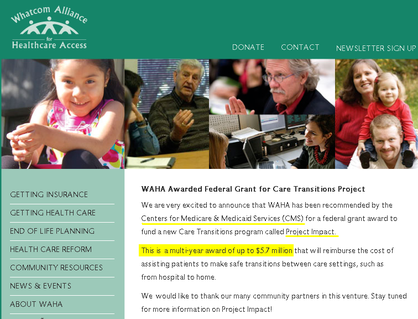
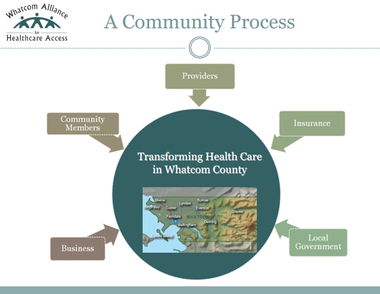
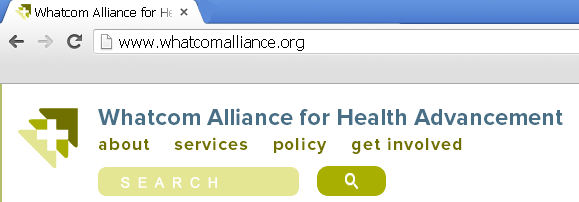


 RSS Feed
RSS Feed
